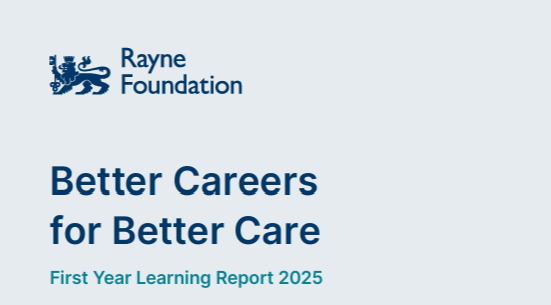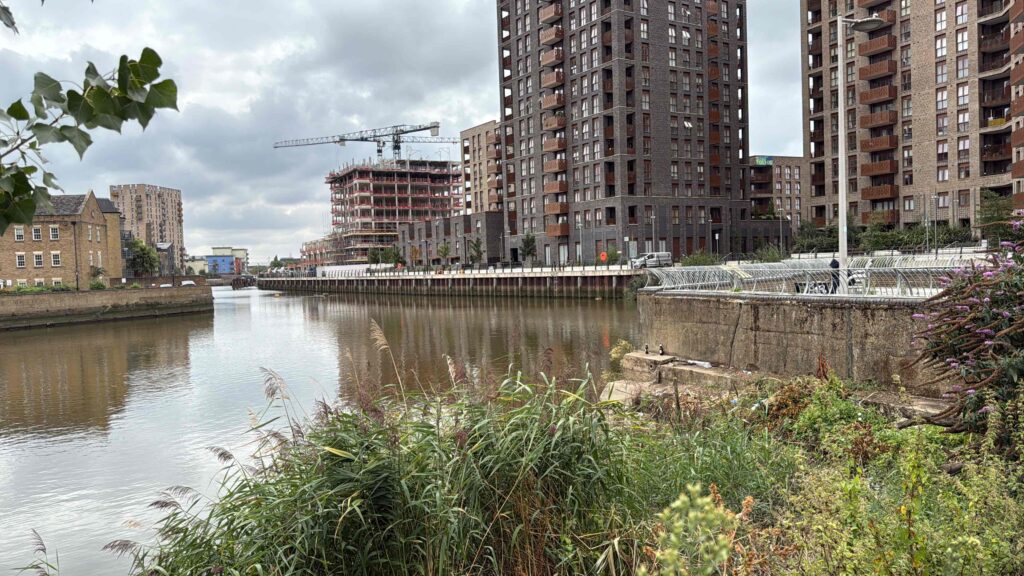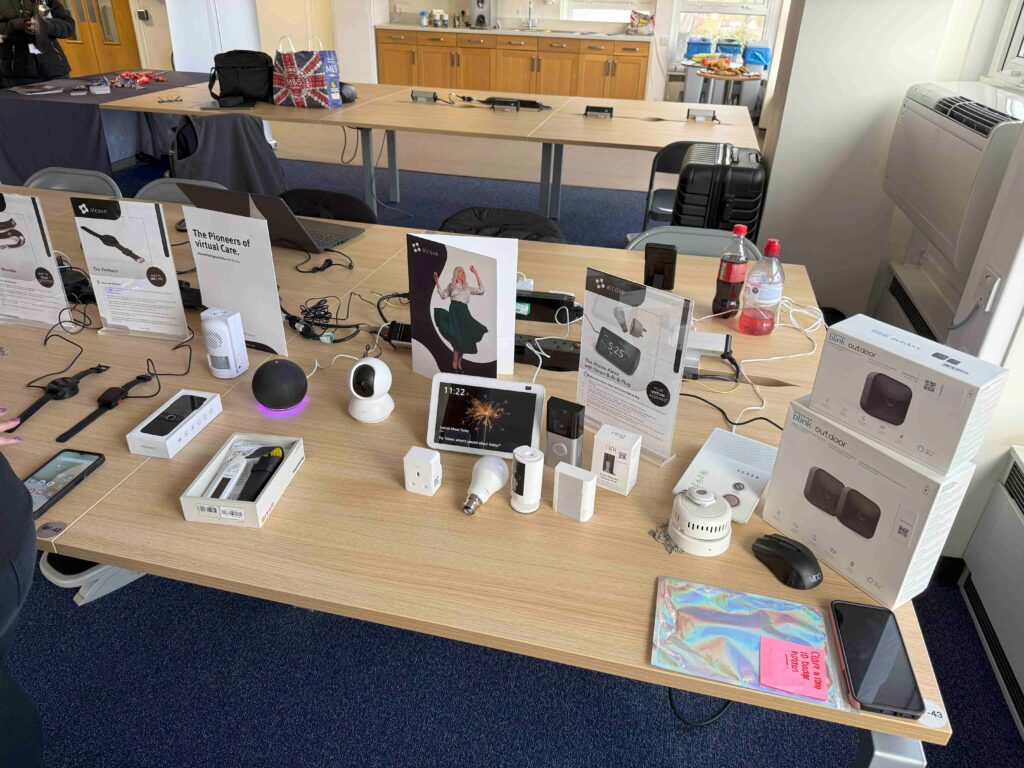Working with Dorothy to develop your own yellow brick road
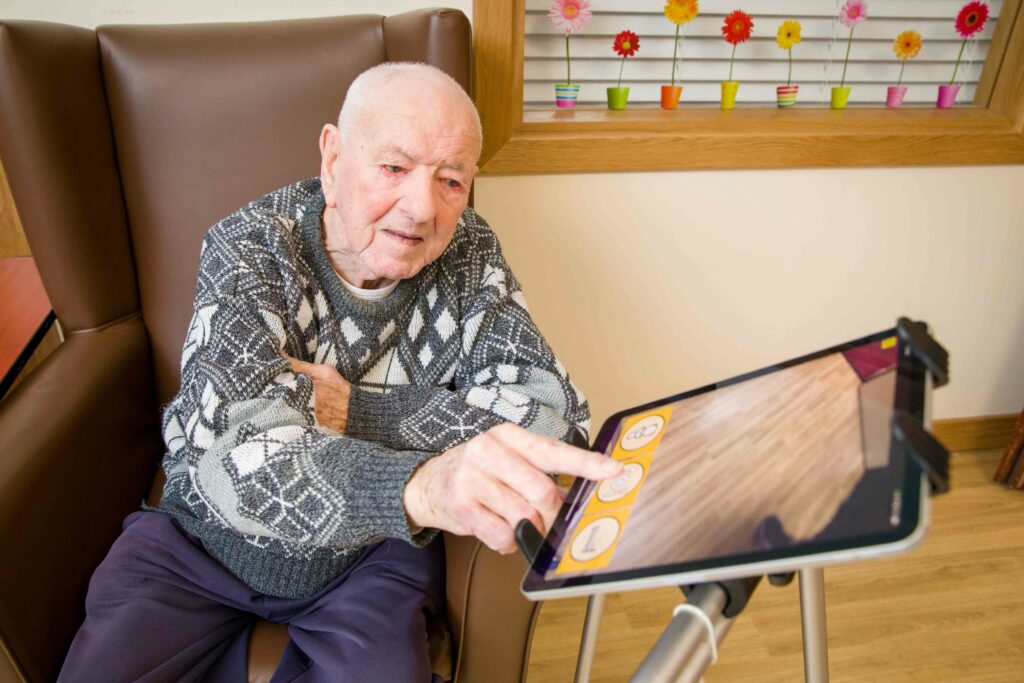
“As a society, we need to be innovative about slowing decline and not see it as an inevitable part of every extra year”. Read more in Paul Corrigan’s blog.
One of the most serious social and economic issues for our society is how our current ageing population actually ages. Since I am the same age as the NHS (work out the numbers for yourself!) this is a personal as well as a social issue. If we continue to see ageing as a process of annual increases in dependency for millions of people, the smaller proportion of younger working age people that we are becoming more dependent on, will collapse under what will be seen as a “burden”.
Many more people becoming more dependent on many fewer people is a recipe for disaster.
It’s also something that older people just don’t want. Nearly all of us want to be as independent as we possibly can for as long as we possibly can. This means that the whole society – that means nearly all of us – need to develop a wide variety of ways to ensure that ageing does not automatically result in an annual loss of independence. WE, us older people, do not want to become a bigger and bigger “burden”.
In approaching this I (and my older fellows) am not starry eyed. I know that I am slower than I was a decade ago. I know that I forget more things than I did a few years ago. I know I had a major cancer operation with six weeks of radiotherapy last year that has created a dependency on the NHS.
But I also know that because I have been encouraged to swim and walk more, I am doing more exercise than I did a decade ago. I am using more and more modern technology and also working hard with my NHS physio on rehab to maintain more independence than I might have. At every stage, as a society, we need to be innovative about slowing decline and not see it as an inevitable part of every extra year.
At Care City this is one of the core themes of our work. How can we work with people who are already ill, sometimes quite ill, and through modern methods of intervention and technology, maintain as much independence as possible.
Whilst there are a lot of monitoring tools available for carers supporting people living with dementia, not enough of these are designed directly for the person living with dementia. Care City and its partners are committed to enabling people living with dementia to live independently for as long as possible, identifying ways to help them continue to do the activities that bring them joy, access care when needed and live well with the diagnosis.
Of course this is not straightforward. But what is really important about both being an elderly person growing older and the nature of dementia, is retaining and developing independence for as long as possible. Which means the person themselves, actually using an app and being IN CHARGE of it, is a vital part of any innovation. What every piece of assistive technology needs to do is compliment what is left of the ability to look after oneself.
We’re working closely with the Dorothy team, who has developed a new app called Dorothy. The origin is genuinely international with a Belorussia engineer living in Germany working with a London clinician to get the technology started. Our aim is to develop this app into a “Dorothy Community”, with a lofty ambition of making everywhere dementia friendly.
The app is on an tablet that can be attached to a walker and provides a navigation system around any building including a residential care home. It takes a few minutes to imprint the actual locations in a building on the app and from then, as you walk around, if you ask where somewhere is, it can take you to the dining room, the toilets or your bedroom. This is different from someone taking you there as the app is helping you make your own decisions. The app is not doing it for me, I am following a pathway.
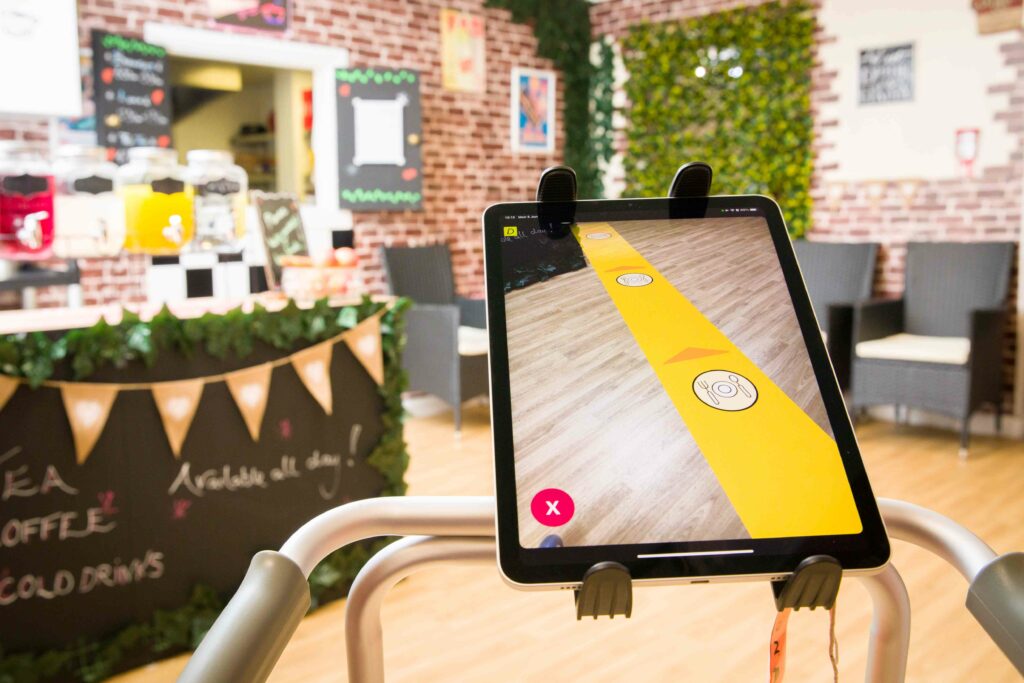
Ben Williams, a Senior Project Lead at Care City and has been key in developing Dorothy says “It uses the camera and sensor detectors in a tablet or mobile phone to be able to help people navigate around”. Obviously the big question is how easily people with dementia find it to use Dorothy “We tested it last week with a 93 year old gentleman who hadn’t seen it before and he found he could use it in a few seconds”
Dorothy has become a semi-finalist in the Longitude Prize on Dementia. The £80,000 prize money enables us to enter a new development phase to try and ensure that people really gain as much independence as possible from its use.
Whilst we are alive the idea that decline continues every year is just not true. Being human means, we have a chance of taking back a bit of control over our lives – even if it’s a little bit.

